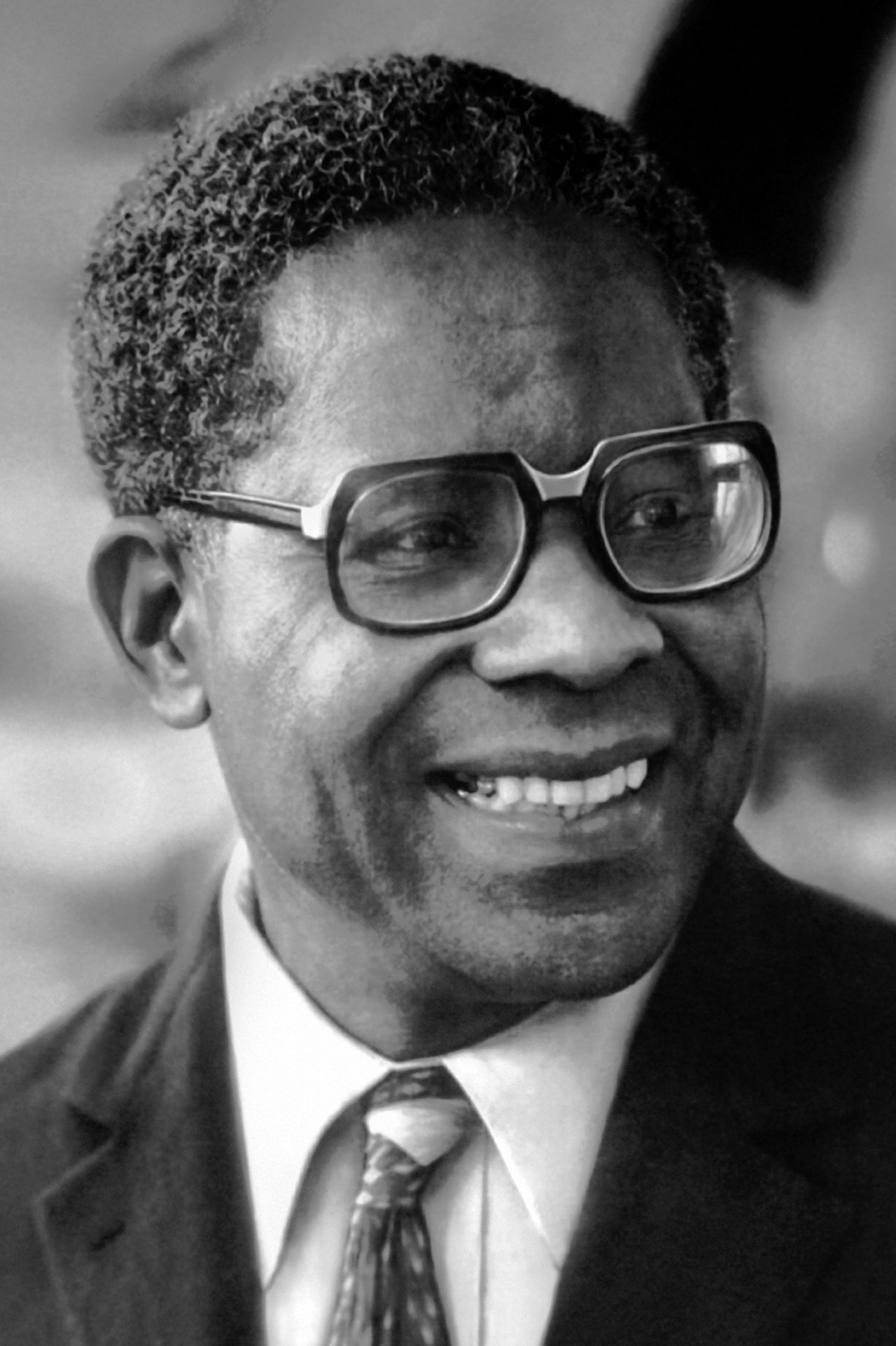


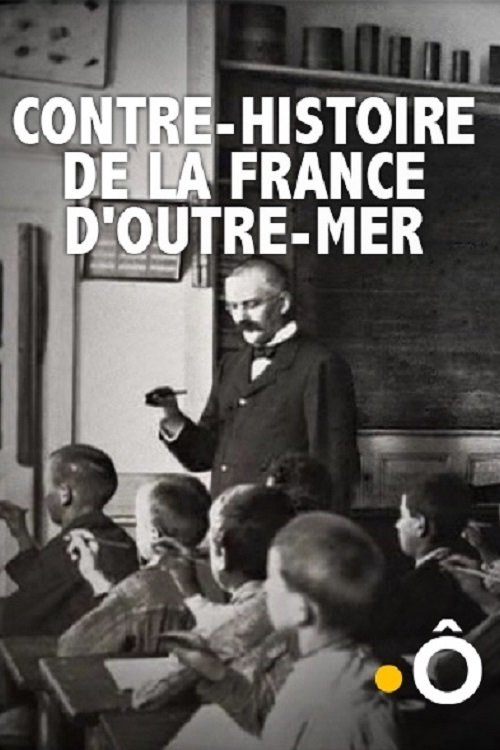
In five parts, this documentary tells the story of the colonisation of the French Overseas Territories. Slave descendants, coloniser descendants, historians, admirals, rebellious writers and politicians recount a lasting past that keeps on igniting the economic and social relations of these territories even to this day.
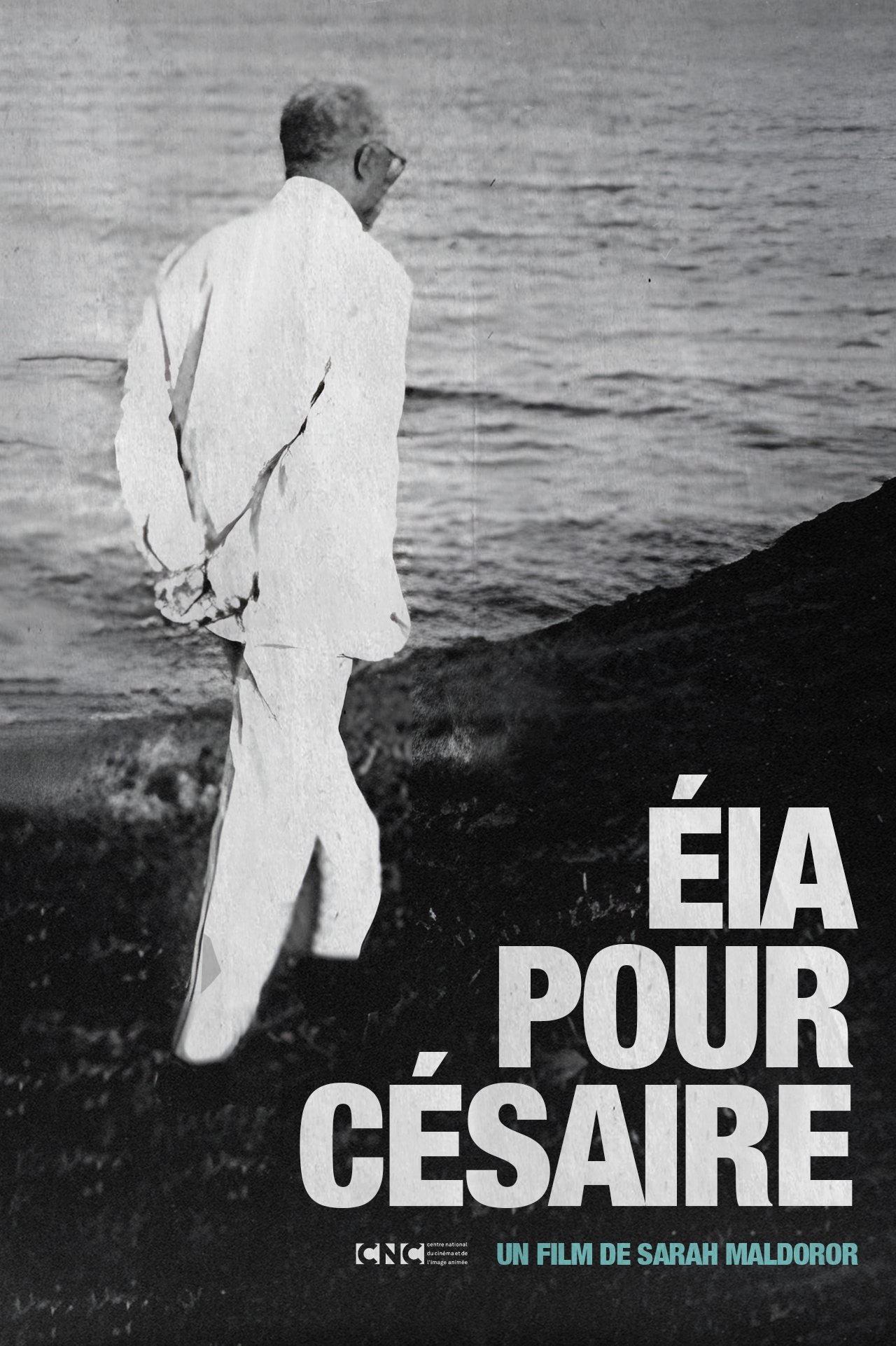
Shortly after his death in 2008, Maldoror made this film about her longtime friend and collaborator, the Négritude poet Aimé Césaire. In this film, she retraces the steps of Césaire’s travels across the globe — particularly back to his hometown in Martinique, where Maldoror interviews his relatives about his life — and her working relationship with Césaire, including fragments of her previous films about him, Un homme, une terre (1976) and Le masque des mots (1987).
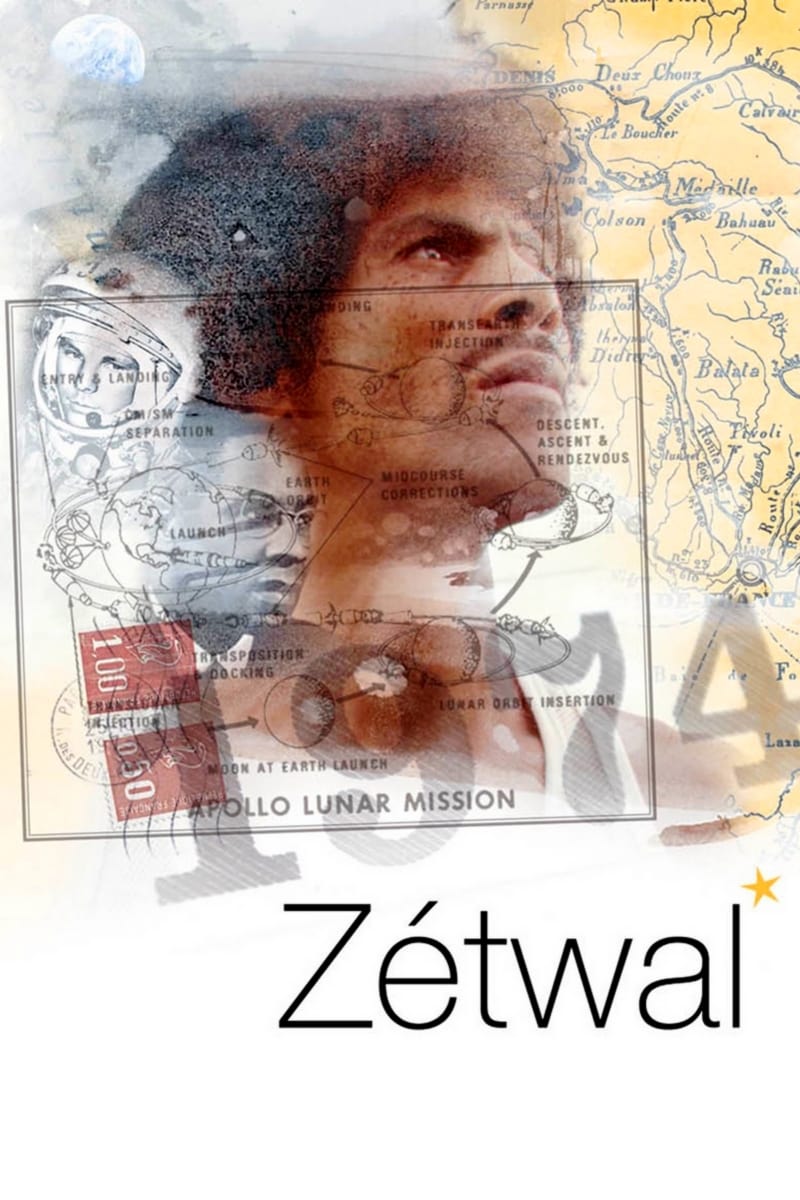
Martinique Island, 1974. Inspired by the writings of the Martiniquais poet and politician Aimé Césaire (1913-2008), the dreamer Robert Saint-Rose, known as Zétwall (Star in Creole), aspires to be the first Frenchman to step on the lunar surface.
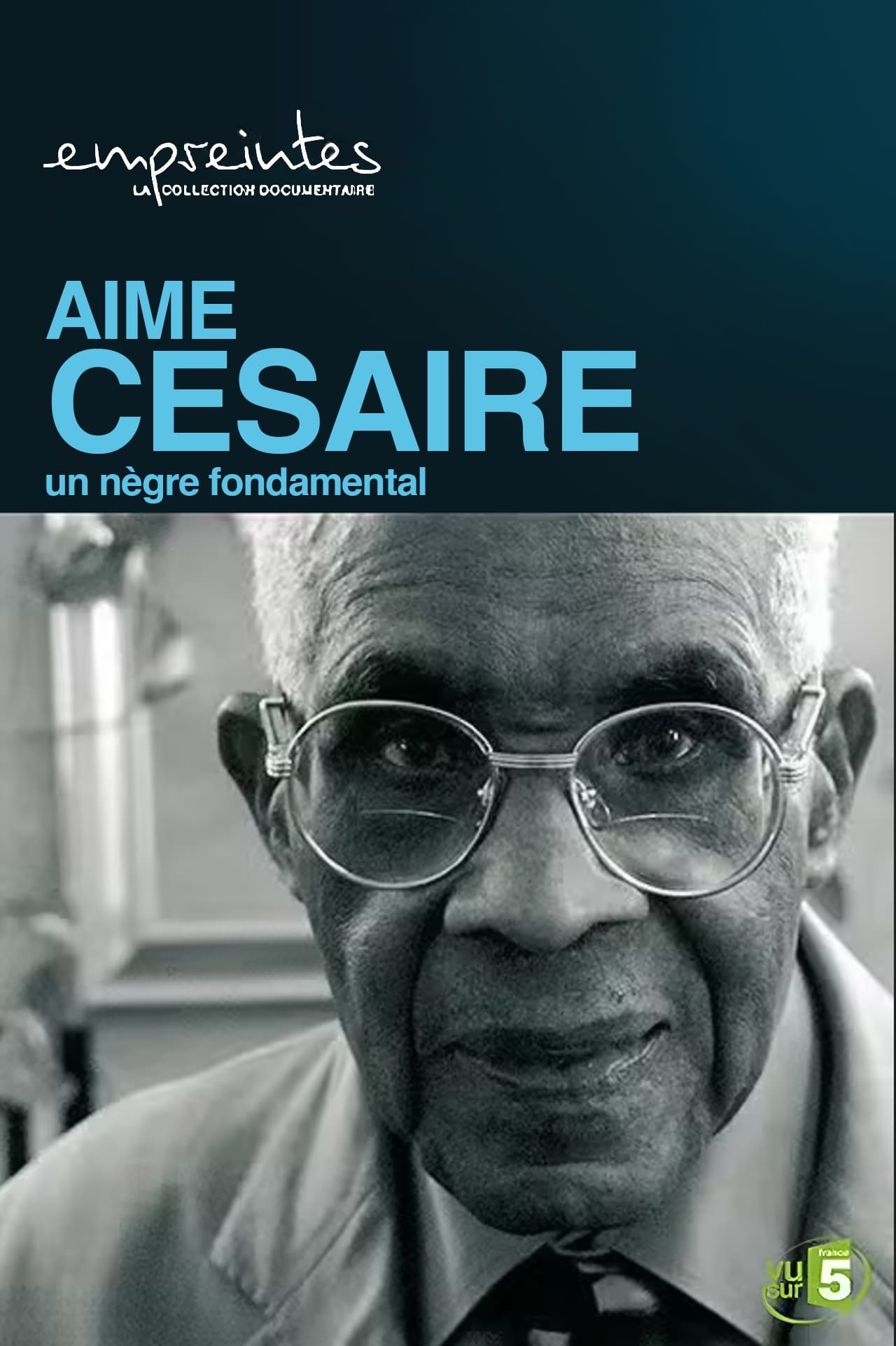

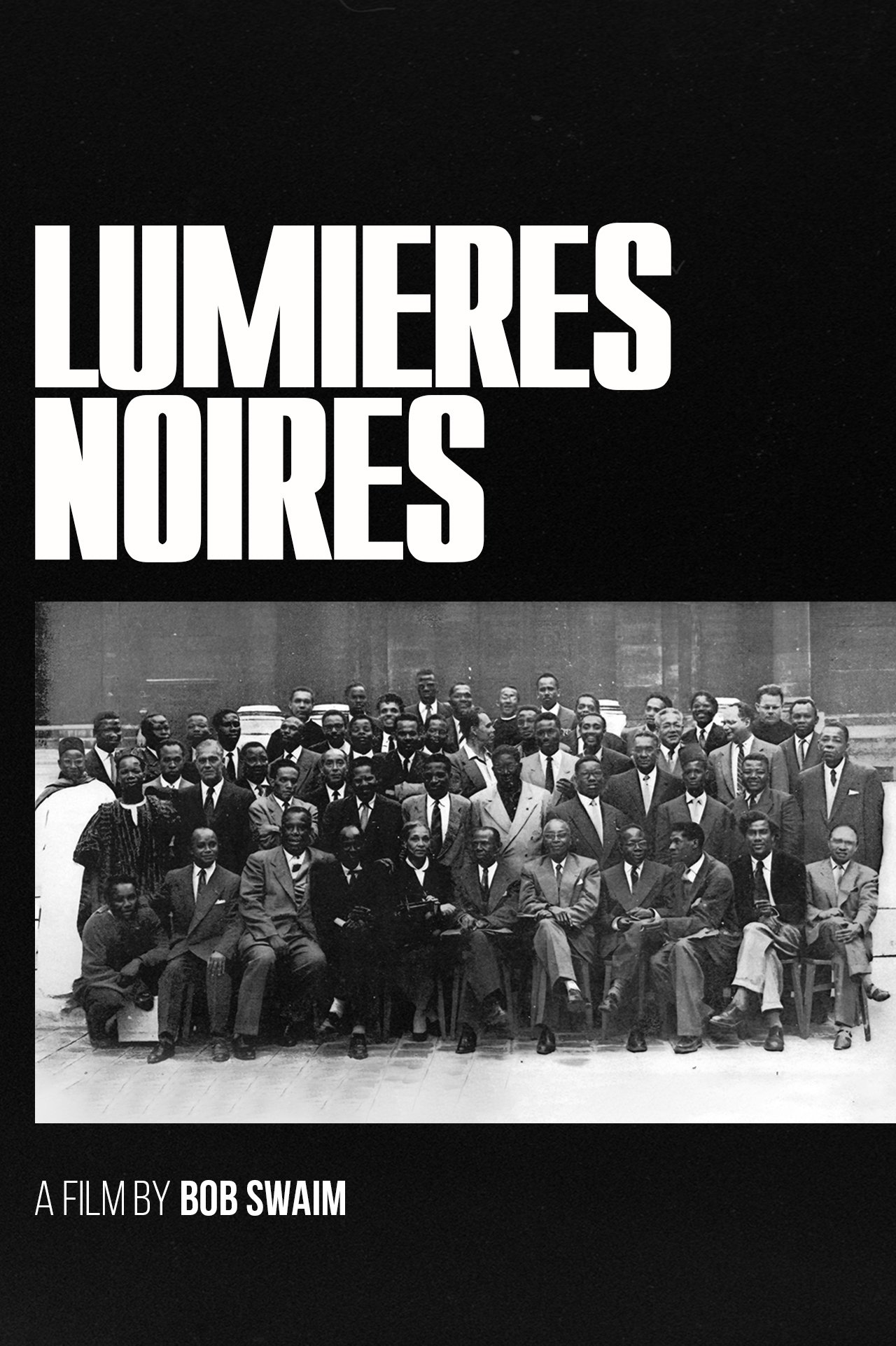
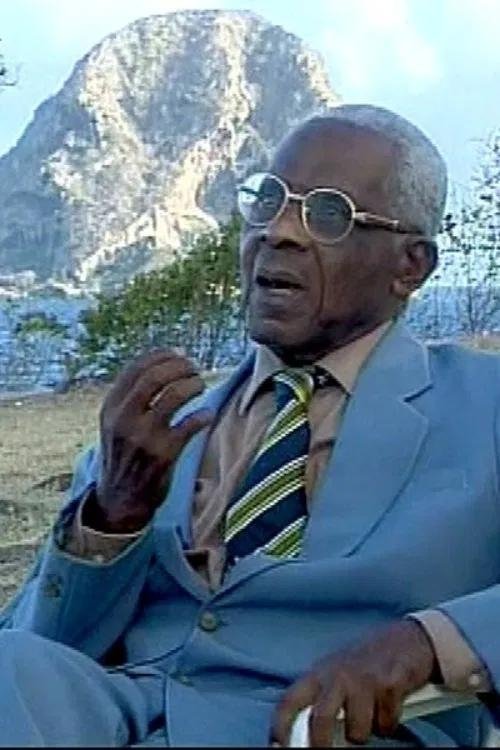
The filmmaker Sarah Maldoror films the writer Édouard Glissant at the Fort de Joux (in the Jura), in the cell where the Haitian general Toussaint Louverture was held prisoner until his death in 1803. She then talks to Aimé Césaire at Le Diamant in Martinique, in front of Laurent Valère's "Cap 110" memorial. The documentary also includes short interviews with Roland Suvélor and Madeleine de Grandmaison, and the reading of texts performed by Greg Germain.
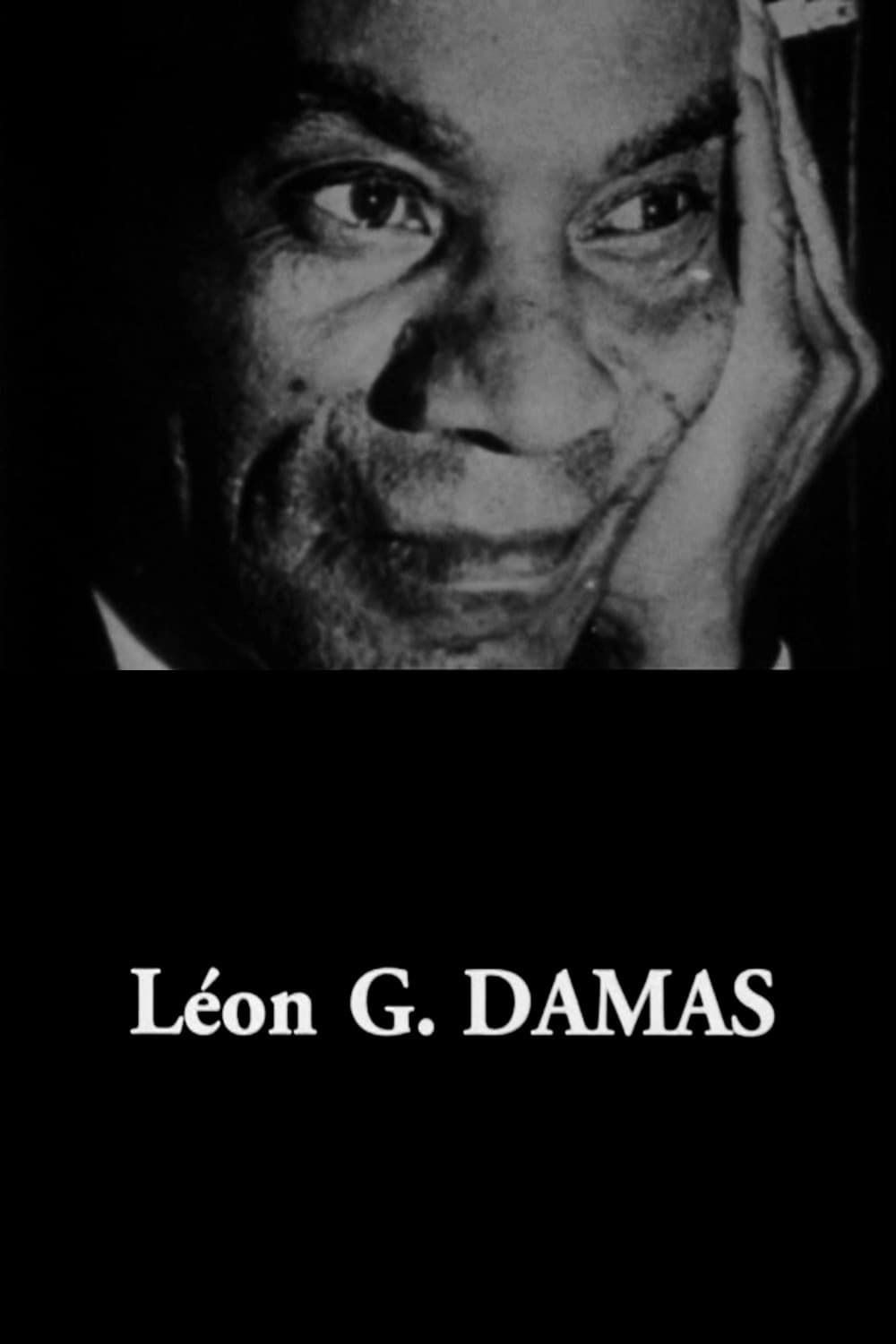
Léon G. Damas (1912–1978) was the first poet to “live Négritude”, according to the Senegalese poet, politician and cultural theorist Léopold Sédar Senghor. Cosmopolitan and always in transit, his writing is a chorus of melodies and imagery imbued with angst and melancholy and strongly influenced by jazz and blues. Punctuated by images of the landscapes of French Guiana and the voice of the artist, the film exemplifies the poetic documentary form to which Maldoror frequently returned.
By browsing this website, you accept our cookies policy.